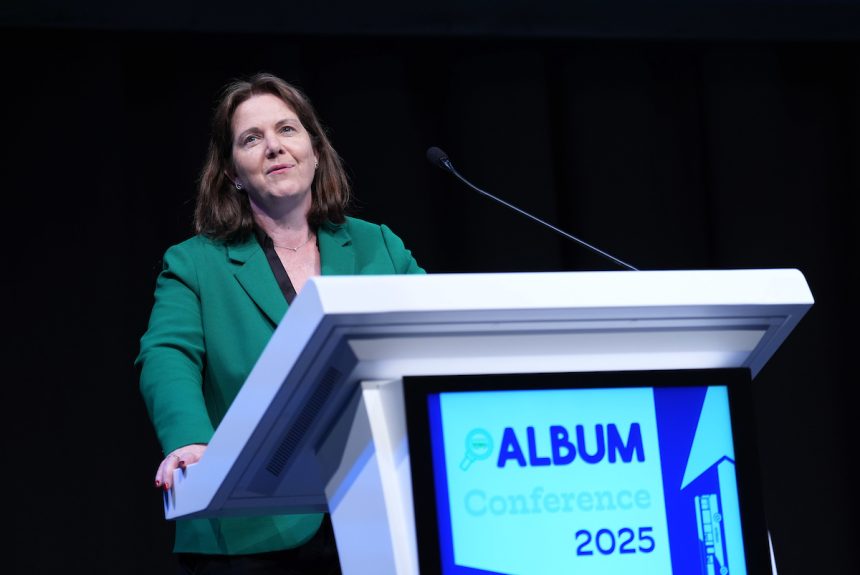In the debate on how best to fix England’s bus networks franchising has become the banner waved most proudly by metro mayors of a Labour persuasion. In Greater Manchester, Andy Burnham has set a precedent. In the West Midlands, expectations of similar moves under Richard Parker have been building.
But Mayor of the East Midlands Claire Ward’s comments at the ALBUM conference in Nottingham on 13 May offer a more nuanced view. Maybe it’s one the sector should pay close attention to.
The new East Midlands Mayor has the legal power to pursue franchising, and of course she has left the door open to using it in the future. But her preference for the Enhanced Partnership model, both during her campaign and now in office, has been a consistent one, and indicates that Ms Ward is putting her energy into building on existing local arrangements and improving delivery through collaboration, rather than regulation.
Her choice of words is telling, too. Cautioning against leaning too heavily on the “rhetoric of franchising” signals a divergence from the kind of language we have heard from Mr Burnham, and others. The phrase suggests Ms Ward is aware that franchising is not a silver bullet, and that selling it as such risks oversimplifying the real work needed to reform regional bus services.
Where that is concerned, an emphasis on fare simplification, strategic investment and a unified regional network represents a delivery-focused approach and not a headline grabbing one. Ms Ward talks of building on mature partnerships that already yield results when it comes to zero-emission vehicle rollouts and high satisfaction scores from Transport Focus.
Will this serve as a reality check for those assuming franchising is the inevitable next step in every region with a Labour mayor? For operators, this could be encouraging — for mayors, it could be instructive.
At large, it is a reminder that while franchising dominates national conversation, the picture on the ground remains more varied and interesting.



























